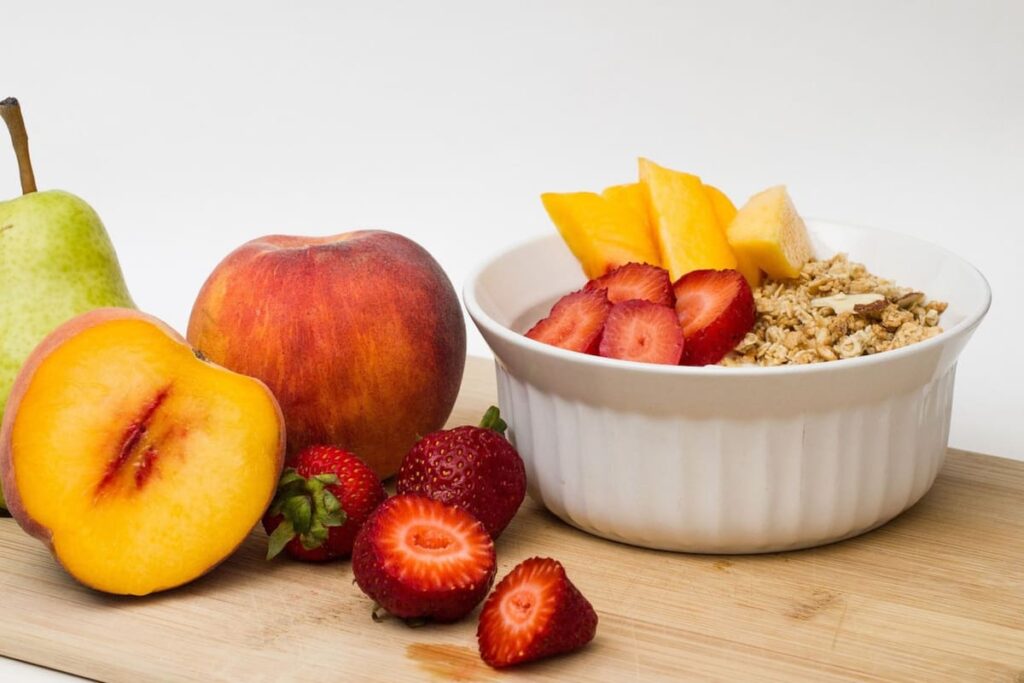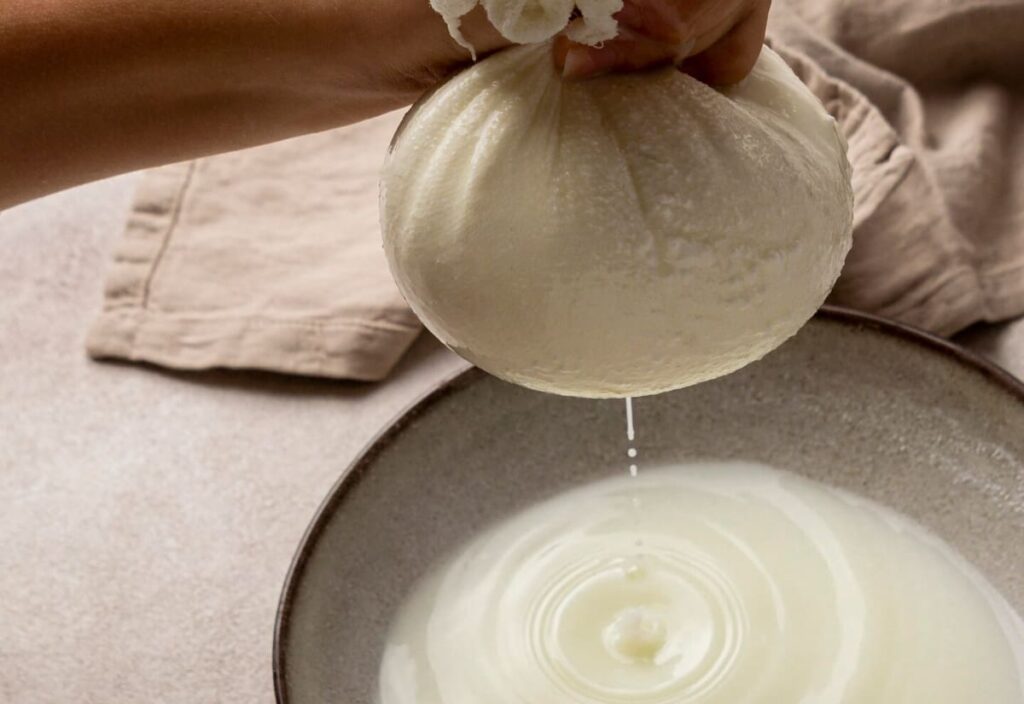Abdominal inflammation and imbalances in the intestinal microbiota are common problems that affect many people. The interesting thing is that a natural solution could help more than we imagine. It is an edible plant that, beyond its dermatological properties, also appears as a nutritional option.
Abdominal inflammation is a body response that occurs in the digestive system and can cause discomfort, bloating and pain. It can be a consequence of bad eating habits, stress or certain pathologies, according to a scientific article. On the other hand, The intestinal microbiota refers to the set of microorganisms that live in the intestine and play a crucial role in overall health. These microbes help digest food, regulate the immune system, and produce essential vitamins.
Therefore, keeping abdominal inflammation under control and strengthening the microbiota not only improve physical well-being, but also prevents complications such as chronic diseases. In this sense, diet directly influences digestive health, and some foods have natural properties that help reduce digestive health. abdominal inflammation and to balance the intestinal microbiota.
Among them, aloe vera stands out, a plant rich in antioxidants and natural anti-inflammatory compounds such as anthraquinones. In addition, it is a source of soluble fiber and has enzymes and amino acids beneficial for digestion. These properties make it a valuable resource to reduce abdominal inflammation and improve the balance of the intestinal microbiota, a study conducted by the University of Mississippi found.
The power of aloe vera to influence these two conditions lies, more precisely, in that its anti-inflammatory substances They calm the lining of the digestive system. Its mucilage content forms a protective layer that reduces irritation and promotes tissue healing. On the other hand, The polysaccharides present in aloe vera act as prebioticsthat feed the beneficial bacteria in the intestine.
To obtain these benefits, it is important to consume aloe vera properly. The inner gel of the leaves, which is the edible part, has a mild, slightly bitter taste and must be prepared correctly to eliminate the bitter component called aloinwhich can be irritating. It can be included in juices and smoothies mixed with fruits and vegetables.in salads with small pieces, as a base in desserts such as jellies or mousses, or incorporated into hot infusions.
However, before incorporating aloe vera into your diet, it is essential to consult with a nutritionist. Although its benefits are notable, It is not suitable for everyone and may have contraindications in specific cases.
Aloe vera is not the only food that helps improve the state of the intestinal flora. The specialized medium health line shared other groceries that benefit this important part of the body:

 Workout
Workout
 Meditation
Meditation




 Contact Us
Contact Us











